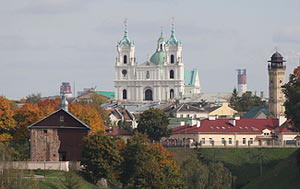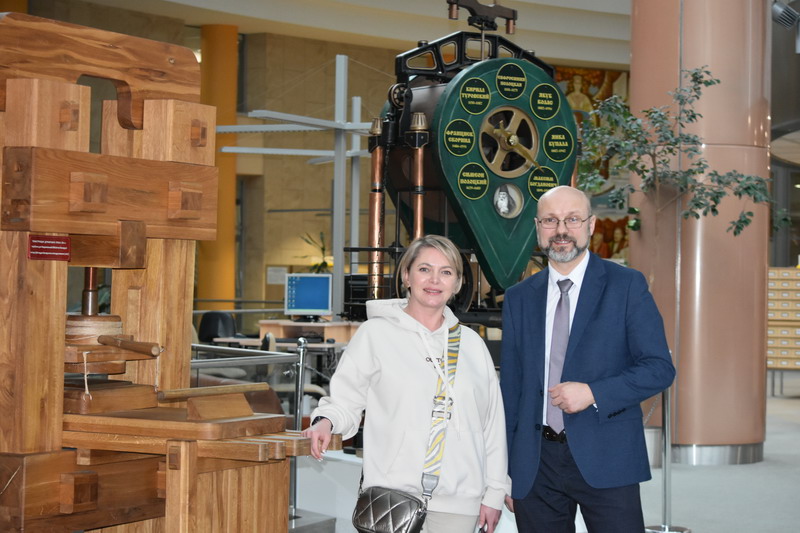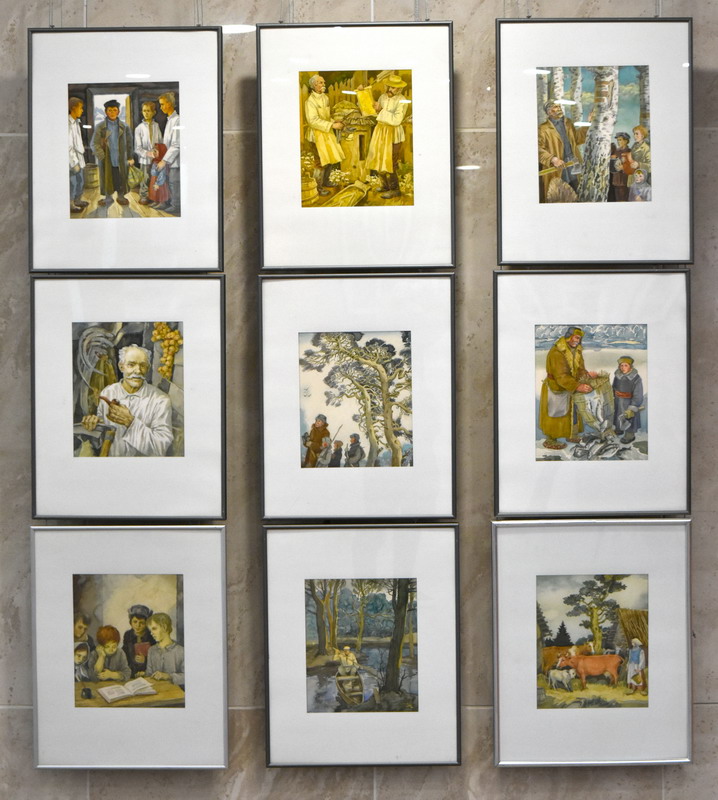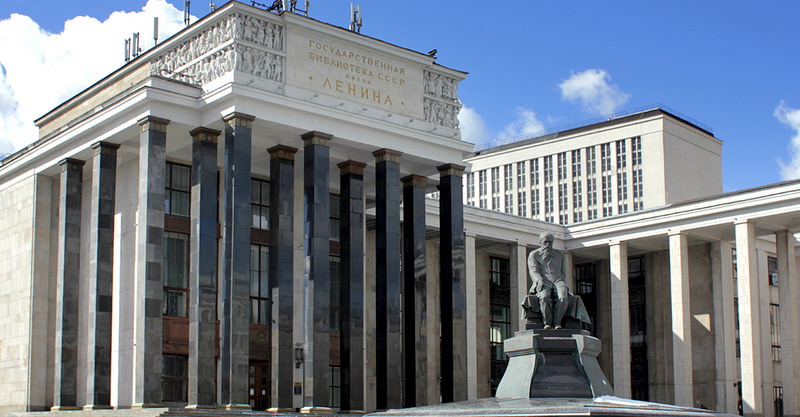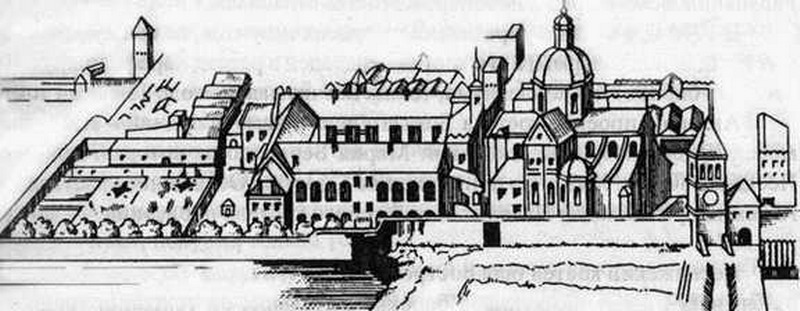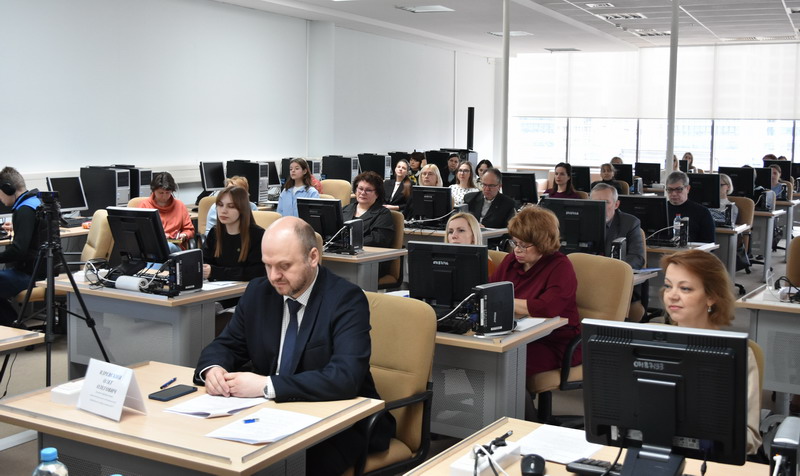Grodno has been named Belarus’ Capital of Culture for 2014. The decision was made by the board of the Culture Ministry of Belarus on 25 September, BelTA learnt from Deputy Culture Minister Vasily Chernik.
Two cities, Grodno and Molodechno, competed for the right to represent the Belarusian culture in 2014. The board unanimously decided on giving this honorary status to the city standing on the banks of the Neman. Grodno will officially become Belarus’ Capital of Culture on 1 January.
“An organizing committee will be set up to prepare and hold various cultural events in Grodno, develop the relevant action plan for the year 2014,” Vasily Chernik said.
According to the Deputy Minister, next year Grodno will host a great amount of cultural events. The 10th festival of national cultures is one of the biggest projects for 2014.
Belarus’ Capital of Culture campaign took its start in 2010. Its major objective is to make the best achievements of the national culture widely available to the public, promote the activity of the regional cultural establishments and local authorities, popularize regions among domestic and foreign tourists. Polotsk was the first to receive the Capital of Culture title in Belarus. Polotsk was followed by Gomel in 2011, Nesvizh in 2012 and Mogilev in 2013. Grodno will become the fifth city to be named Belarus’ Capital of Culture.
Source: BelTA

